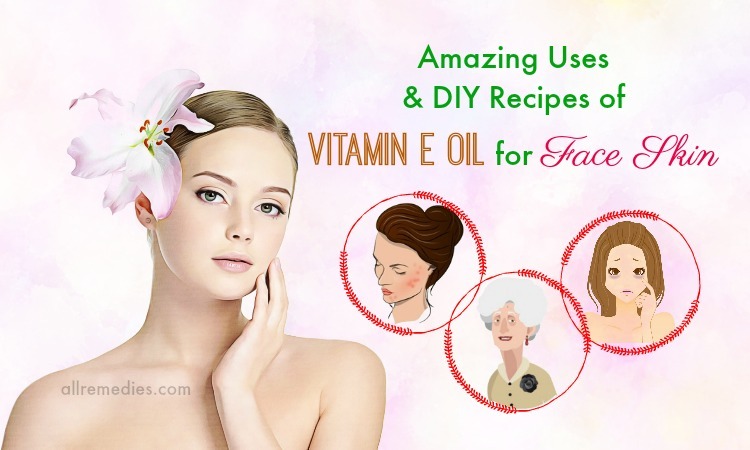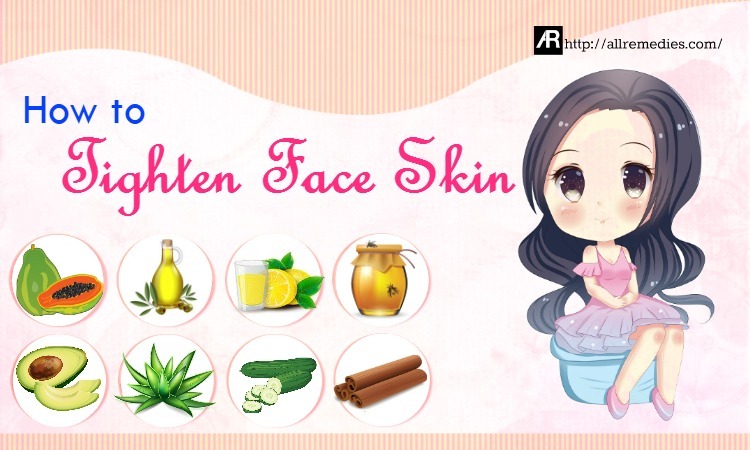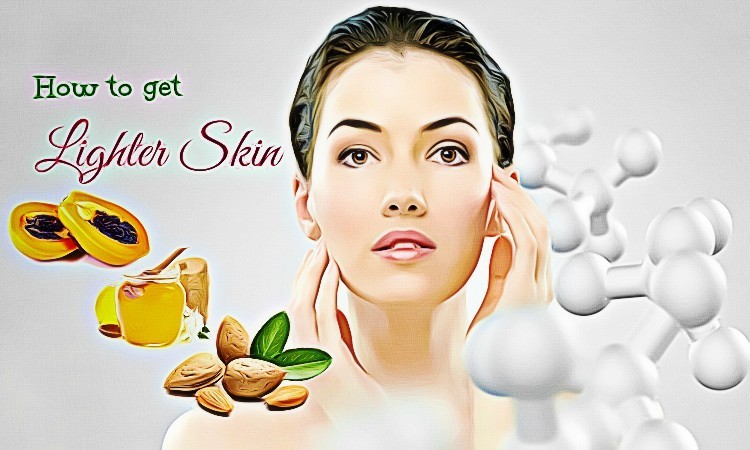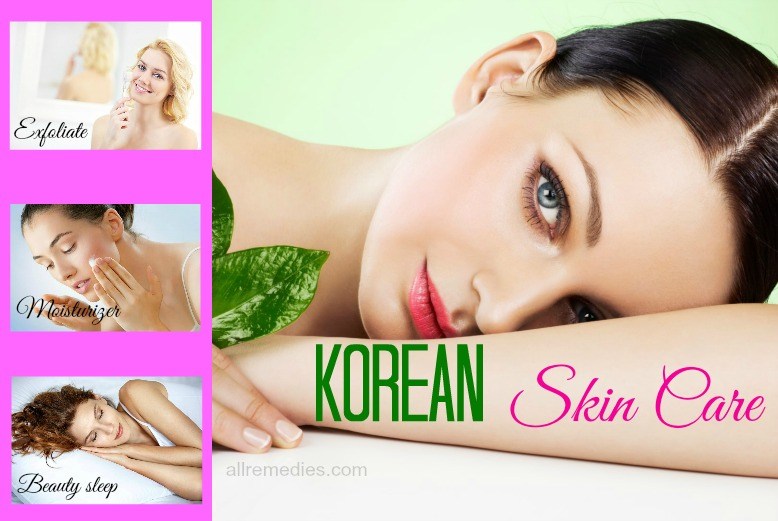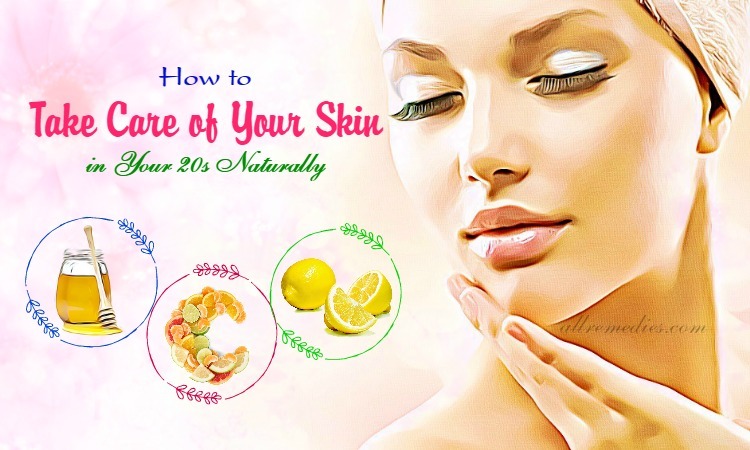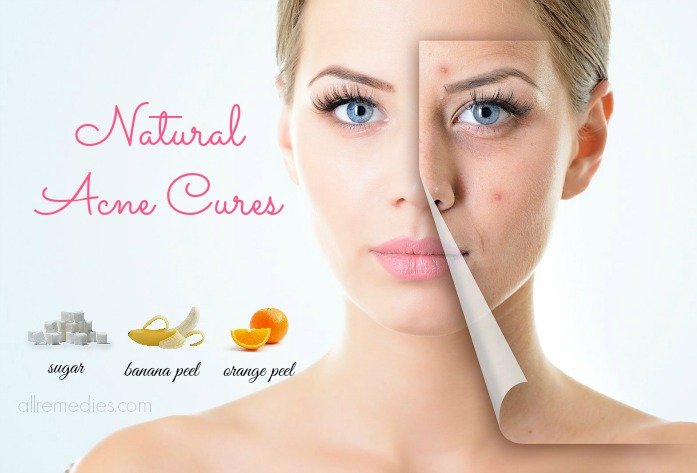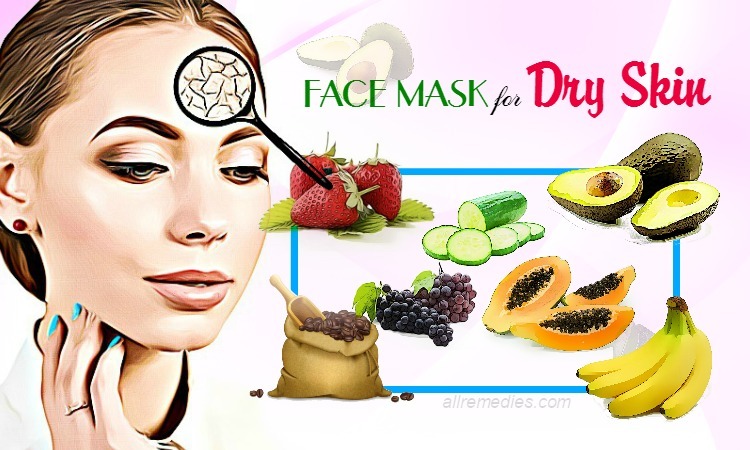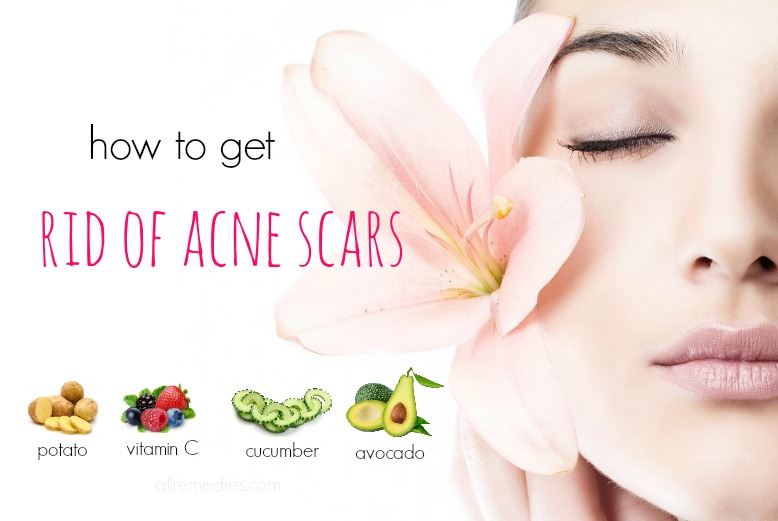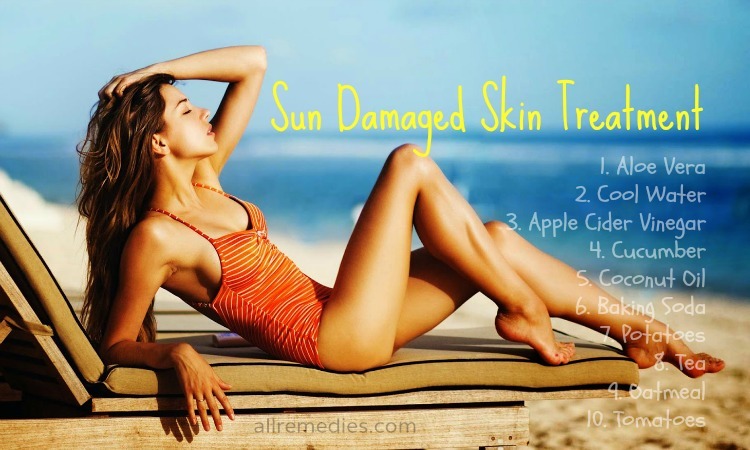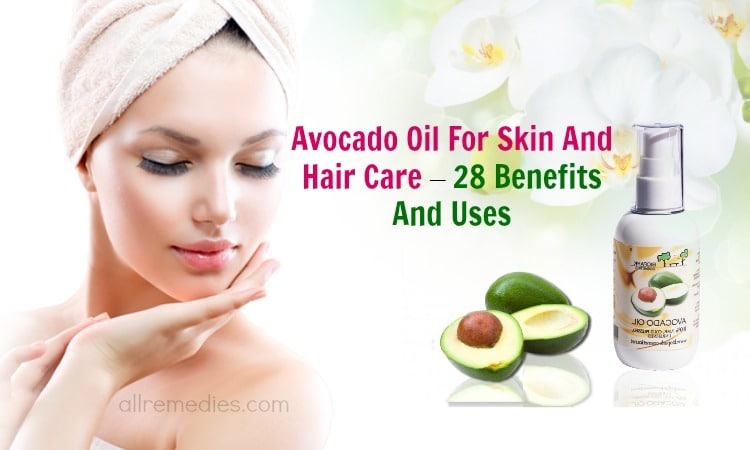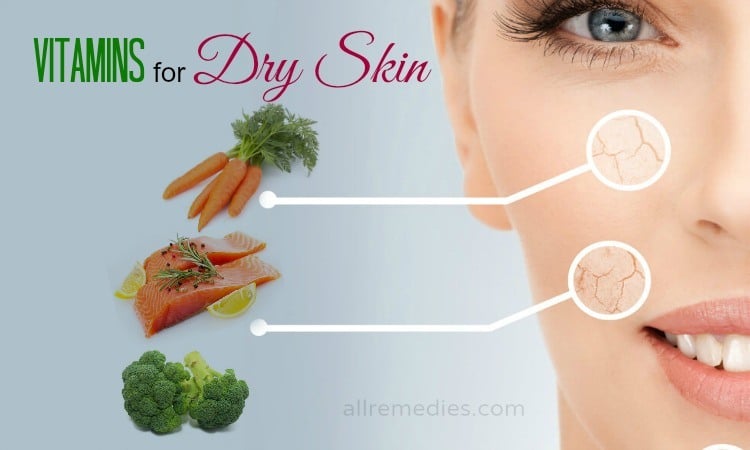
9 Best Vitamins for Dry Skin Problems on Face & Body
CONTENTS
Your skin helps protect organs from disease and toxins. Dry skin can result from numerous factors, including heredity, poor hygiene and sun exposure. In addition to healthy and strong lifestyle habits, like avoiding smoking and proper hygiene, various nutrients may support skin health and decrease skin dryness as well. Since dietary supplements can cause adverse side effects, lots foods bring optimum nutrient sources. In this article, AllRemedies.com will introduce to you 8 best vitamins for dry skin problems on face & body. All of these types of vitamins for dry skin in this article are collected from reliable sources. Each individual has a different skin condition; hence, you should consult your doctor before applying any vitamin. Read on to learn more about 8 best vitamins for dry skin!
9 Best Vitamins For Dry Skin Problems On Face & Body You Should Know
Many studies have shown the important role of minerals, vitamins, and nutrients for the skin. In the beauty community, we need not only a regular skin care routine, natural masks, regular cleaning, and moisturizer but also a healthy diet including enough mineral, vitamins, and nutrients to protect and nourish our skin from inside out. Even though you maintain a regular skin care (oil cleanser, cleanser, exfoliator, toner, essence, moisturizer, eye cream, and sunscreen), unhealthy diet or vitamin deficiency still makes your skin look dull, dry and damaged. If the skin does not get enough nutrients, it is more prone to suffer from aging signs such as wrinkles, fine lines, and dark spots. All skin types need providing enough nutrients, minerals, and vitamins. People who have dry skin type may have more risk of developing early aging signs on the skin; therefore, dry skin requires a special skin care routine and a healthy diet loaded with nutrients, vitamins, and minerals to keep their skin healthy, radiant, youthful and glowing until you reach an advanced age. It is not surprising when you see the appearance of good vitamins for the skin on the labels of lotions and creams. Moreover, vitamins should be consumed through foods. Health experts claimed that vitamins play the important role in keeping your complexion healthy whether they come from foods, supplements or topical creams.
According to Georgiana Donadio who is the director of the National Institute of Whole Health in Boston, what we see on our skin and many skin conditions such as acne, psoriasis, and aging signs are the manifestations of the internal needs in our body such as the nutritional needs.
There are a lot of studies and new research that showed the tremendous power and benefits of antioxidants and vitamins in making the great difference in skin’s look. It is recommended combining a healthy diet and proper dietary supplements to make skin look glowing, young, beautiful and radiant.
Dry skin needs providing enough vitamins? There are a number of best vitamins for dry skin you should know if you want to improve dry skin and prevent its problems such as wrinkles, fine lines, and aging spots. Do you want to know more? Please read the article below.
Learn more: Natural Face Mask for Dry Skin at Home
1. Vitamin C
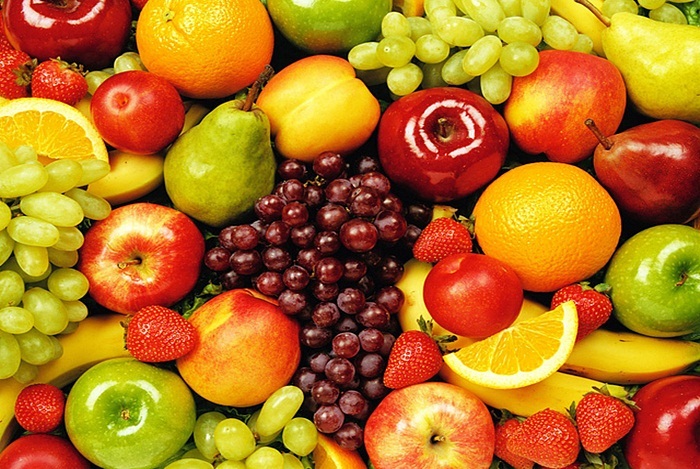
AllRemedies Partner Solutions

Keep Asking Questions Until You Get The Answer You Need!
The Medical Experts are all here to answer your questions online or with a phone call.
Any vitamin that helps you have a smooth skin also helps you treat dry skin.
Like vitamin E, vitamin C works as an antioxidant. Especially, it helps in producing the collagen. In addition, being an antioxidant, it also fights with free radicals and the production of collagen helps your skin to remain supple and soft. Adequate vitamin C in your blood stream also helps to protect the skin from a lot of dry skin conditions. Therefore, if you are dreaming of a flawless and healthy skin, you should increase the intake of vitamin C and notice the magic. You should know that vitamin C rich foods are broccoli, tomato, citrus fruits, cauliflower, and Brussels sprouts. Or, you can take vitamin C in the form of supplements after asking a doctor.
Here are the best foods contain the highest amount of vitamin C you can add into your daily diet:
- Peppers such as yellow bell peppers contain 95.4mg (159% DV) per 10 strips (52g), sweet green peppers (220% DV per large pepper) and sweet red peppers (349% DV per large pepper)
- Guavas contain 376.7mg (628% DV) of vitamin C per cup (165g)
- Dark green leafy vegetables such as kale contain4mg (134% DV) of vitamin C per cup chopped (67g)
- Kiwi (green) contains 166.9mg (278% DV) of vitamin C per cup, sliced (180g), and gold kiwi (151% DV per fruit)
- Broccoli contains 81.2mg (135% DV) per cup chopped (92g)

- Berries such as strawberries contain 6mg (18% DV) of vitamin C per large strawberry (18g)
- Citrus fruits such as oranges contain 69.7mg (116% DV) of vitamin C per orange (131g)
- Tomatoes (cooked) contain 54.7mg (91% DV) of vitamin C per cup (240g)
- Peas such as mange tout contain8mg (63% DV) of vitamin C per cup (63g)
- Papaya contains 88.3mg (147% DV) of vitamin C per cup pieces (145g)
When we mention the best vitamins for dry skin problems on face and body, we should not ignore vitamin C. Vitamin C is not only found in a variety of foods but also added in many well-formulated moisturizers. Like eating vitamin C rich foods, using vitamin C rich moisturizer can help to remove free radicals that lead to sagging, wrinkles, and other aging signs. Vitamin C topical application can fade brown spots and make skin look firm and smooth. In one study, women with sun-damaged skin problem were given vitamin C treatment. After six months, the significant improvement in discoloration and fine lines were seen. When you use lotions, creams or serums containing vitamin C, you should apply it in the evening. Please use it in the morning. This is because vitamin C can make your skin more sensitive to sunlight. You need to avoid sunlight exposure for at least 8 hours after applying skin care products containing vitamin C. Therefore, the best time to apply skin care products containing vitamin C is in the evening.
Read more: Top Natural Home Remedies For Wrinkles
2. Vitamins For Dry Skin – Vitamin B1, B2, B3, & B12

As you see, vitamin B complex includes 8 vitamins such as vitamin B1, B2, B12, and others that are required and necessary for healthy body and skin as well. Especially, they perform many functions in your body and confirm a moisturized, healthy, smooth, and radiant skin. Plus, vitamins B also help to speed up immune systems that help your skin stay away from the infections as well as other dry skin conditions. Generally, vitamins B are abundantly found in some foods such as liver, beef, chicken, egg, green leafy vegetables, kidney beans, nuts, and cereals. Vitamin B supplements are readily available in most drug stores and its dose is prescribed by the doctors according to each individual’s need.
Here are top 10 foods rich in vitamin B12: shellfish (cooked clams), fish (mackerel), fortified cereals (all bran), liver (beef), crustaceans (crab), fortified soy products (such as silken tofu), red meat (beef), low fat dairy (such as skim milk), cheese (Swiss), and eggs (chicken’s).
Here are top 10 foods rich in vitamin B1: fish (trout), pork (lean), nuts (macadamia), seeds (sunflower), bread (wheat), green peas, squash (acorn), asparagus (cooked), dry roasted soy beans such as edamame, and beans (navy).
Top 10 foods rich in vitamin B2 include: cheese (gjetost), almonds, beef & lamb (such as lean steak), mushrooms (such as raw brown Italian), oily fish (mackerel), sesame seeds, egg (hard boiled), seafood (squid), pork (sirloin), and spinach.

Top 10 foods rich in vitamin B3 include cooked yellow fin tuna, beef (cooked lean rib), cooked lamb liver, cooked lean chop, cooked chicken breast, green peas (fresh), peanuts (oil roasted), avocado, mushrooms (such as grilled Portobello), and sunflower seeds.
It is important for me to note that vitamin B3 is also found in creams, lotions, and serums. It is presented as niacinamide listed on the labels of some skin care products. When you apply cream, lotion or serums containing niacinamide, it can create the outer protective barrier for your skin. This barrier is effective in locking the moisturizer in and fighting against irritants. It is the reason why experts said that vitamin B3 is a wonderful ingredient if you have dry or sensitive skin. One study found out that a moisturizer containing niacinamide can improve skin complexion and keep rosacea at bay. Rosacea is the common skin condition that appears when we age. If you use vitamin B3 in cream, lotion, or serum, you should apply it in the morning and in the evening to get a satisfactory result.
There are some other vitamins that are good for dealing with dry skin problems on face and body presented in the next part of this writing, so, if you want to discover more, continue reading it!
3. Vitamin E

As you know, vitamin E is one of the best vitamins for dry skin and healthy skin as well. Especially, vitamin E is a great antioxidant. And antioxidant can help your skin remove free radicals. The free radicals are the top enemy for the skin which encounters your skin through toxin and environmental pollution in the body. It also causes harmful effects on your skin such as soon aging and much more. Thus, lots skin care products for spots, blemishes, and wrinkles are enriched with this vitamin. Vitamin E is included in a list of best vitamins for dry skin problems because of its great moisturizing properties. Vitamin E is effective in easing dryness and protecting skin from UV rays. It is not surprising when vitamin E has added some sunscreens and anti-aging products. It is also recommended increasing vitamin E intake by eating vitamin E rich foods regularly. Studies showed that using vitamin E topically does not make skin swollen, red and dry. If you apply vitamin E creams, lotions or serums, you should apply it before or after sun exposure to prevent sunburn and treat skin damages caused by sunlight.
In addition to applying vitamin E rich skin care products, you should consume foods that have a great source of vitamin E.
Top vitamin E rich foods include spinach (cooked), sunflower seeds, plant oils (olive oil), peanuts, shellfish (shrimp), almonds, tofu (light, silken), fish (rainbow trout), avocados, broccoli (cooked), wheat germ, squash & pumpkin.
4. Vitamins For Dry Skin – Vitamin A

One of the best vitamins for dry skin problem is vitamin A. Vitamin A not only requires to boost the immune system but also help to improve vision. One well-tuned immune system can protect your skin from any infection that is very common in the dry skin.
Vitamin A can be used in OTC lotions, prescription products or night cream. Retinoids seen on the labels of some skin care products are vitamin A derivatives. When vitamin A is added to creams or lotions, it is effective in reducing face brown spots, wrinkles and smooth roughness. Approximate 700 published studies on retinoids proved that it is a true and safe ingredient. According to Doris Day, an assistant clinical professor of dermatology at New York University Langone Medical Center, vitamin A can make skin look young and glowing. If you use creams or lotions containing retinoids, you should apply it at night. This is because sunlight can inactivate forms of vitamin A. If you are a beginner of using the retinoid cream, you may suffer from unwanted side effects such as scaling, redness, flaking, and irritation. In order to avoid these unwanted side effects, you should apply it every second or third night until your skin is familiar with it. After that, you can increase the frequency gradually. Furthermore, vitamin A aids in the formation of new cells and thereby promotes cell repair and growth.
In addition to using a cream containing vitamin A or retinoids, you can furnish the body with vitamin A by eating some foods rich in vitamin A including carrot, peas, spinach, egg yolk, liver, and cereal. Otherwise, you can take vitamin supplements but only after consulting a doctor. It is very important to notice that vitamin A is one fat-soluble vitamin that means you need to take fat with it in order to absorb it and especially with plant sources.
Read also: 16 Simple Ways to Make the Best Lotion for Dry Skin in Winter
5. Vitamin D

If your skin is dry, vitamin D is a necessary vitamin. Vitamin D can be provided for your body and your skin if you are exposed to sunlight. Vitamin D is converted from cholesterol. After the kidneys and liver take vitamin D, it transported throughout the body to produce healthy cells. It is important to know that adequate vitamin D consumption is needed for phosphorous and calcium absorption. It is recommended consuming enough vitamin D in order to keep teeth & bones healthy and strong. Moreover, we cannot skip the benefits of vitamin D in preventing many conditions and diseases such as type 1 diabetes, cancer, and multiple sclerosis. Furthermore, vitamin D is beneficial for skin. If you suffer from some problems like psoriasis or eczema, in addition to the general dry skin problems, after that you really need to ensure that you take enough vitamin D. One study that was published in the Journal of Drugs and Dermatology in 2009 found out that topical application of calcitriol, a man-made version of vitamin D, is effective in reducing skin irritation and inflammation in patients with psoriasis. Topical application of calcitriol can be used for all skin types and this man-made version of vitamin D has few adverse side effects. If you read the label and follow the guidance of creams containing calcitriol, you can ensure its safety. According to the Linus Pauling Institute at Oregon State University, the recommended daily vitamin D intake is 600 IU. However, people who have a pregnancy or at the age of more than 70 need to consume more vitamin D. Surprisingly, getting enough of vitamin D is simple too. You just step outside. As you know, the sun emits the high levels of this vitamin. Vitamin D is most obtained easily by exposing your skin to sunlight for just 15 minutes every day. Vitamin D is also found in very few kinds of foods; however, you can get vitamin D through your diet.
In conclusion, here are a number of ways that can help you to increase vitamin D intake.
- Go out and let sunlight absorb into your skin for about 10 to 15 minutes. The most suitable time for sunlight exposure is in the early morning. You should not go out after 9 am because the sunlight after 9 am is harmful and it can cause skin damage. It is important to make sure that you do not have a history of skin cancer before using this method.
- Consume fortified foods including breakfast cereals, yogurt, and orange juice
- Add vitamin D rich foods in your regular diet.
- Take vitamin D supplements. However, before taking these supplements, you should consult your doctor carefully.
Some foods including oily fish, such as tuna and salmon, soy, and egg yolks have some vitamin D.
All these things make vitamin D become one of the best vitamins for dry skin I would like to introduce to you in this article.
6. Vitamins For Dry Skin – Vitamin K

Insufficient vitamin K may cause dry or flaking skin. Vitamin K enriched creams or lotions can improve the texture as well as the moisture of the skin. Therefore, looking for the best vitamins for dry skin problems on face and body, we should not ignore vitamin K. Vitamin K can make skin look young. Moreover, it is often added to eye cream to get rid of dark circle around eyes. Here are the best foods contain the highest amount of vitamin K you can add into your daily diet:
- Herbs (dried basil) contain 85.7µg (107% DV) of vitamin K per tablespoon (5g)
- Green leafy vegetables (such as kale, cooked) contain 1062.1µg (1328% DV) of vitamin K per cup (130g), broccoli raab (272% DV each cup, cooked), Swiss chard (716% DV each cup, cooked), dandelion greens (471% DV each cup, cooked), turnip greens (662% DV each cup, cooked), mustard greens (1037% DV each cup, cooked), spinach (1111% DV each cup, cooked), frozen spinach (1284% DV each cup, cooked), frozen kale (1433% DV each cup, cooked) and beet greens (871% DV each cup, cooked).

- Salad vegetables (such as spring onions/scallions) contain 207µg (259% DV) of vitamin K per cup (100g), celery (37% DV/cup), red lettuce (49% DV each cup), green lettuce (57% DV each cup), watercress (106% DV/cup), chicory greens (108% DV/cup), radicchio (128% DV/cup), endive (144% DV/cup), garden cress (339% DV/cup), and cos (romaine) lettuce (60% DV/cup).
- Brassica vegetables (such as Brussels sprouts, cooked) contain 218.9µg (274% DV) per cup (156g)
- Hot spices such as chili powder contain 8.5µg (11% DV) per tablespoon (8g), cayenne pepper (5% DV per tablespoon), and curry powder and paprika (7% DV per tablespoon).
- Asparagus, cooked contains 91.1µg (114% DV) per cup (180g), cooked okra (80% DV/cup), raw fennel (68% DV/cup) and cooked leeks (152% DV/cup)
- Cucumber, sweet contains 130.4µg (163% DV) per cup (170g)
- Soybeans (Cooked) contain 66.4µg (83% DV) per cup (94g)
- Olive oil contains 8.4µg (11% DV) per tablespoon (14g)
- Dried fruit (prunes) contains 103.5µg (129% DV) per cup (174g)
Read more: Lemon For Dark Circles
7. Vitamin B6

Vitamin B6 is also considered as one of the best vitamins for dry skin on face & body. It plays a main and important role in keeping healthy skin. Especially, vitamin B6 was actually called as the “anti-dermatitis factor” when this vitamin was first discovered. Moreover, it can prevent the skin from cracking, making it become one of the effective vitamins for dry skin. In addition, it also plays an essential role in the skin cells replication, and in the skin’s overall health. You can easily find vitamin B6 in various foods like chicken, beef, fish, spinach, and avocado. Vitamin B6 also found in a lot of pulses, like chickpeas.
8. Vitamins For Dry Skin – Vitamin B5

Vitamin B5 can help enhance the glowing nature of your skin. It also works as a skin moisturizer that helps you keep the skin soft, healthy, and smooth. In addition, this vitamin has an anti-inflammatory property that stimulates the healing processes of the skin. Vitamin B5 also deeply helps you in keeping the skin moist by absorbing the moisture from the air.
Here are top 10 foods rich in vitamin B5 you can add into your daily diet:
- Mushrooms (shiitake, cooked) contain 5.21mg (52% DV) per cup (145g)
- Cheese (gjetost) contains 7.61mg (76% DV) per package (227g)
- Oily fish (trout, cooked) contains 1.90mg (19% DV) per 3oz (85g)
- Avocados contain 3.37mg (34% DV) per cup puréed (230g)
- Eggs contain 70mg (7% DV) per cooked egg (50g)
- Lean pork (sirloin, cooked) contains 10.55mg (106% DV) per roast (638g)
- Beef & veal (such as veal shoulder, cooked) contain 2.93mg (29% DV) per piece (182g)
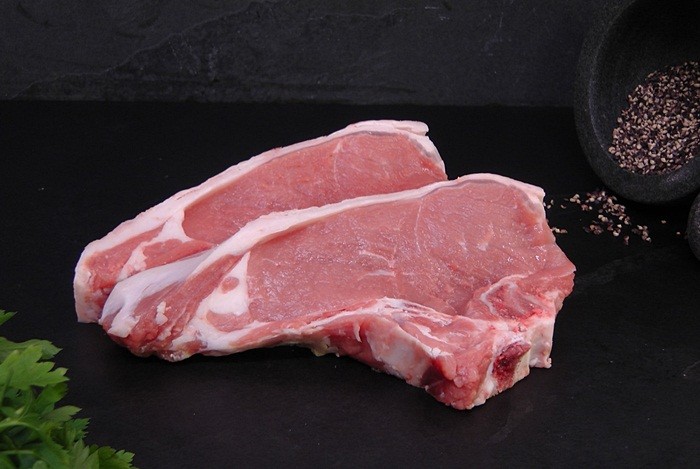
- Chicken & turkey (such as chicken drumstick, cooked) contain 1.12mg (11% DV) per 3oz (85g)
- Sunflower seeds contain 9.46mg (95% DV) per cup (134g)
- Sweet potato (baked) contains 1.77mg (18% DV) per cup (200g)
10. Zinc
One of the best vitamins for dry skin problems on face and body I would like to introduce to you in this article is zinc. Zinc is beneficial in repairing skin damage, protecting skin tissue, treating acne flare ups, stabilizing oil production and alleviating skin inflammation naturally. Many studies and research showed that a lack of zinc in the daily diet can increase the risk of developing acne problem. Therefore, it is recommended increasing zinc intake through the diet. Foods that have a great source of zinc include beef, seafood, beans, and spinach.
Vitamins are necessary for your health and the body functions. The skin needs providing vitamins too. Vitamin deficiencies can lead to some adverse effects on your skin. For example, vitamin E and vitamin C are effective in protecting the skin from sunlight and UV rays and treating skin damages such as dark spots, sunburn, and pigmentation. Deficiencies in vitamin E or vitamin C double the risk of skin damages including skin cancer, a common type of cancer affecting people in the United State.
Taking vitamin supplements is alright if you cannot consume enough vitamins through foods. However, it is important for you to consult your doctor or dermatologist to make sure that you do not consume excessively.
The best way for improving your health and nourishing your skin is getting vitamins through diet. A blood test can help you to determine if you suffer from any vitamin deficiencies or not. When you take vitamins, you should follow the guidance of an experienced medical professional to avoid overdose.
Recommended reading: Natural Dry Skin Treatment at Home – 37 Ways
If you want to know more about at home natural treatments for skin problems, and easy solutions for skin care, go to our main Skin Care page. After reading the article of 8 best vitamins for dry skin problems on face and body, hope that it can help you find out the best vitamin to help treat dry skin fast without any side effect. While you can’t change the skin type, you can regulate how healthy the skin looks. If your skin is dry, ensuring that you are taking enough of the proper vitamins is so important. If you have any question, or you want to know other vitamins or supplements that are good for treating dry skin, please leave them below. Also, you can share the experience if you know any other vitamins for dry skin to us.

GET FREE ACCESS!
Lorem Ipsum has been the industry's standard dummy text ever since the 1500s, when an unknown printer took a galley of type and scrambled it to make a type specimen book. It has survived not only five centuries
Also on
JOIN THE CONVERSATION
